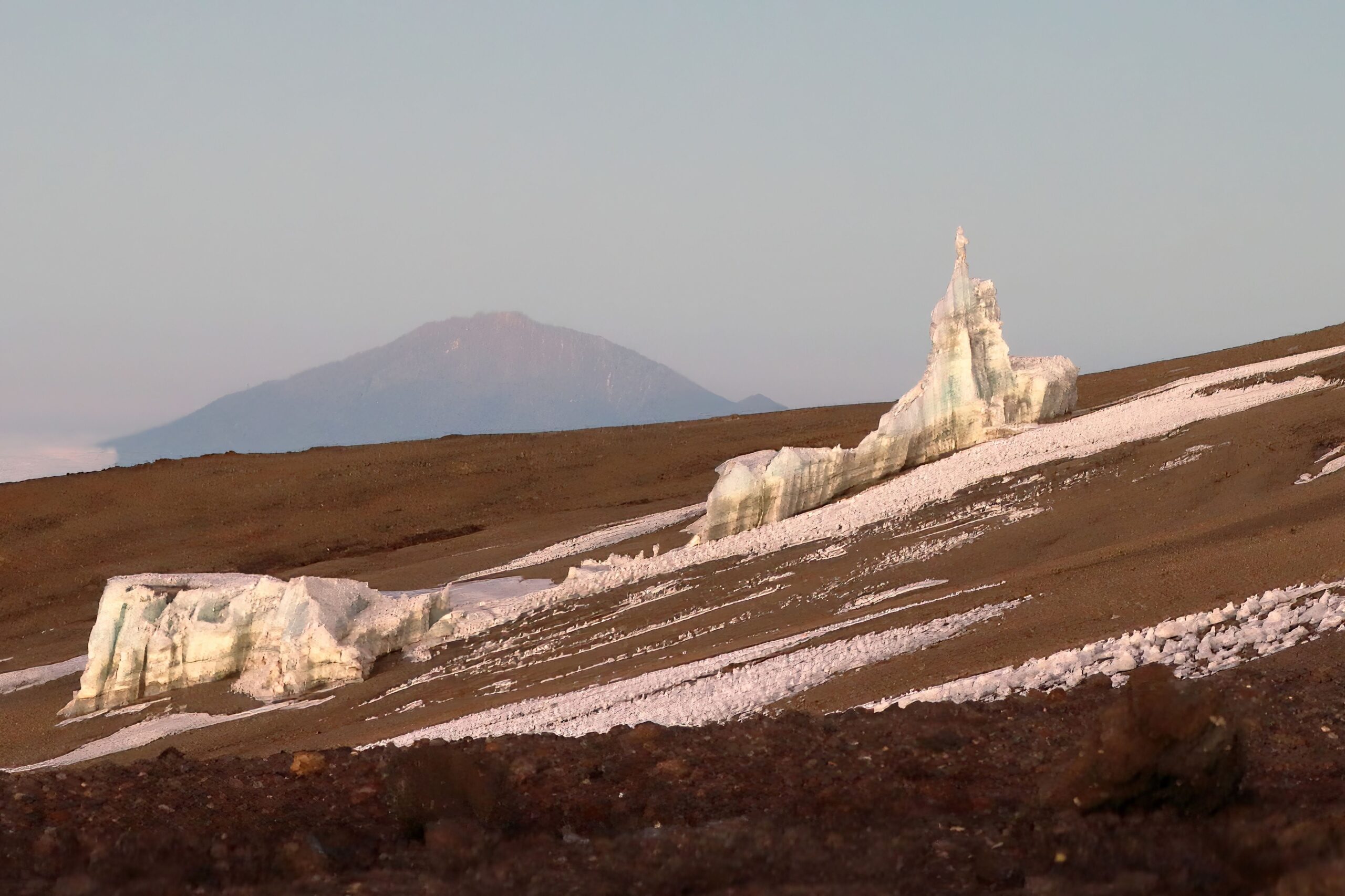
Kilimanjaro Altitude Sickness Understanding, Preventing, and Managing
Kilimanjaro Altitude Sickness
Climbing Mount Kilimanjaro in 2025/2026 is a thrilling adventure, but one of the biggest challenges climbers face is altitude sickness on Kilimanjaro. This condition occurs as the body struggles to adapt to reduced oxygen levels and air pressure at high elevations. Understanding and preparing for altitude sickness is essential for a successful climb.
What is Altitude Sickness?
Altitude sickness, or mountain sickness, typically affects climbers at altitudes above 2,400 meters (8,000 feet). On Mount Kilimanjaro, symptoms can appear as low as 3,000 meters (10,000 feet), making it a common challenge for trekkers.
Types of Altitude Sickness on Kilimanjaro
1. Acute Mountain Sickness (AMS)
- Symptoms: Headache, nausea, fatigue, and restless sleep.
- Onset: Symptoms often start mild but can worsen as climbers ascend without proper acclimatization.
2. High Altitude Pulmonary Edema (HAPE)
- Description: A dangerous condition where fluid accumulates in the lungs due to low oxygen levels.
- Symptoms: Shortness of breath at rest, persistent cough, and extreme fatigue.
- Mount Kilimanjaro Safety Tip: Immediate descent is critical to prevent severe complications.
3. High Altitude Cerebral Edema (HACE)
- Description: A life-threatening condition caused by swelling in the brain.
- Symptoms: Severe headache, loss of coordination, confusion, and hallucinations.
- Kilimanjaro Climbing Tip: Early detection and quick descent are vital for survival.
Preventing Altitude Sickness on Kilimanjaro
1. Acclimatization is Key
- Ascend Gradually: Follow a slow and steady pace, known as “pole pole” in Swahili, to give your body time to adjust.
- Stay Hydrated: Drinking 3-4 liters of water daily can help prevent dehydration, which worsens symptoms.
- Avoid Alcohol: Alcohol can dehydrate you and exacerbate altitude sickness symptoms.
2. Use Preventive Medication
- Diamox (Acetazolamide): This medication can reduce symptoms by improving oxygen absorption. Start 24 hours before your climb and continue as prescribed.
- Dexamethasone: A powerful corticosteroid that aids in acclimatization. Use only under medical supervision.
3. Listen to Your Body
- Kilimanjaro Climbing Tip: Recognize early symptoms of altitude sickness. If they worsen, descending even 500 meters can significantly improve your condition.
How Serengeti Wildlife Safaris Ensures Safety
Climbing Kilimanjaro with Serengeti Wildlife Safaris in 2025/2026 means you’ll have the best support team to help prevent and manage altitude sickness.
- Expert Guides: Our team includes some of the best Kilimanjaro trekking guides, trained to monitor climbers’ health and detect altitude sickness early.
- Pulse Oximeters: Guides regularly check your oxygen levels to ensure safety.
- Emergency Equipment: We provide portable oxygen tanks and first-aid kits on every trek.
- Flexible Itineraries: Our routes prioritize gradual ascent to reduce risks and ensure proper acclimatization.
Whether you’re trekking with us in 2025/2026 or researching Tanzania hiking tours, Serengeti Wildlife Safaris is your trusted partner for a safe and memorable climb.
Top Kilimanjaro Climbing Tips
- Choose a longer route, like the 7-day Machame or Lemosho Route, to allow more time for acclimatization.
- Stay warm and dry, as cold temperatures can weaken your immune system.
- Communicate openly with your guide if you feel unwell.
Why Choose Serengeti Wildlife Safaris for Your 2025/2026 Trek?
- Personalized Experiences: Whether it’s your first climb or a return visit, we tailor the trek to your needs.
- Safety First: Our guides prioritize Mount Kilimanjaro’s safety, ensuring every climber is well-prepared.
- Reputation: We’re known for providing the best Kilimanjaro trekking with Serengeti Wildlife Safaris experiences.
Conclusion
Altitude sickness doesn’t have to overshadow your Kilimanjaro adventure in 2025/2026. With proper preparation, slow ascents, and the support of experienced guides, you can minimize risks and focus on reaching the summit. At Serengeti Wildlife Safaris Kilimanjaro, we’re committed to making your trek safe, enjoyable, and unforgettable.
Whether you’re exploring Tanzania hiking tours or dreaming of a Serengeti safari after your climb, our team is here to help you every step of the way.
